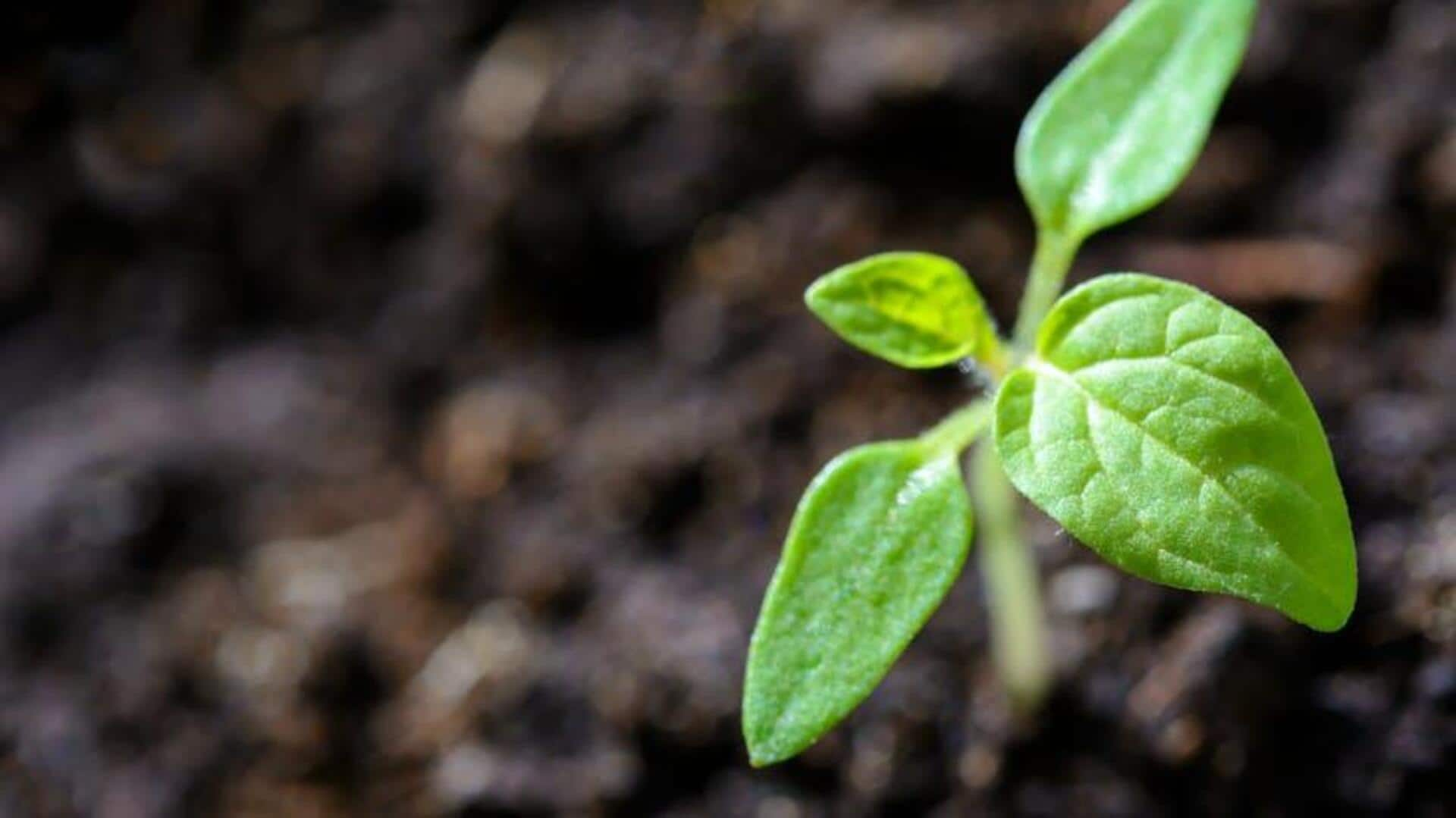
5 water-saving gardening hacks
What's the story
African pro gardening techniques provide useful lessons in making drought-resistant landscapes. These generations-old methods emphasize sustainable practices that save water and improve soil health. By learning and implementing these techniques, gardeners can create resilient landscapes that can flourish in arid conditions as well. Here are a few key strategies employed by African gardeners to keep gardens lush despite water scarcity.
Mulching
Mulching for moisture retention
Mulching is an essential African gardening technique for conserving moisture in the soil. By covering the soil with organic matter, such as leaves or straw, evaporation is reduced, keeping the ground moist for longer. This technique not only lessens the need for regular watering but also helps curtail weed growth and enrich the soil as the mulch decomposes over time.
Watering
Efficient watering techniques
Efficient watering is extremely important in drought-prone areas. African gardeners frequently use drip irrigation systems or clay pots buried close to plant roots to get water straight where it is needed most. These techniques minimize water wastage and keep plants consistently moist, which is all they need to grow healthily without consuming too much water.
Plant selection
Selecting drought-tolerant plants
Picking plants that are naturally drought tolerant is key to a drought-proof landscape. Several native African plants have evolved to thrive on little water and can be perfect for these gardens. They usually possess deep-rooted systems or waxy leaves that minimize moisture loss, making them great options for sustainable landscaping.
Soil improvement
Soil improvement practices
Notably, improving soil quality makes it easier for them to retain moisture and promote plant growth during dry spells. African gardeners typically add organic matter, such as compost, into their soils to increase nutrient content and structure. This not only increases the soil's capacity to hold water but also provides essential nutrients that foster robust plant development, even in challenging conditions.
Windbreaks
Creating windbreaks with vegetation
Windbreaks are another efficient technique employed by African gardeners to shield landscapes from drying winds that worsen drought. Planting rows of trees or shrubs around the perimeters of a garden can reduce wind speed across the land considerably. This prevents moisture from escaping air and soil layers, while also offering shade benefits during hot weather conditions.